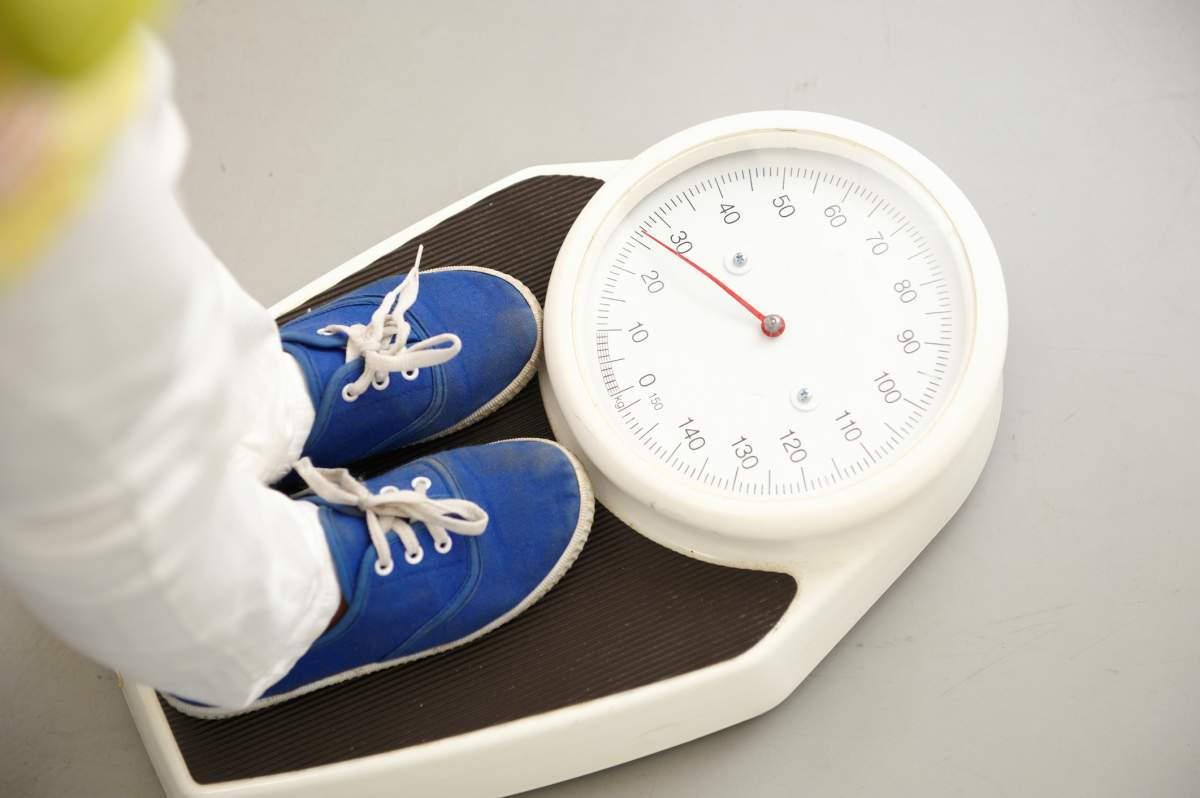When is it appropriate for a child to start dieting and exercising? Many would argue it is never appropriate for a kid to start dieting, as the kid may be being set up for a life of body image issues.

It’s a question that has left many divided after a weight loss company and a fitness blogger have both been accused of promoting damaging body image messages targeted towards kids and teens in recent days.
READ MORE: 7 popular – yet tricky – parenting questions answered
The first to come under fire is Weight Watchers. In an effort to battle climbing childhood obesity rates, the company announced an initiative where they would be offering teens between 13 and 17 free memberships this summer.
According to BALANCE ED Treatment, a treatment centre for eating disorders in New York, this idea could have the potential to promote eating disorders in teens — an age group they say is particularly vulnerable to messages about body image.
It’s even prompted some health professionals to speak out against the program.
The second to feel the heat was fitness blogger Ashy Bines of Ashy of Australia.

Get weekly health news
As part of a new venture, the 29-year-old launched Ashy and Friends, a workout cartoon for young children.
According to the cartoon’s website, the series is a “fitness and education show for one to six years old,” that has children singing, dancing and exercising.
Bines’ idea has also garnered criticism, particularly from The Butterfly Foundation for Eating Disorders.
“I think it’s a marketing ploy to adults and to parents who have been inundated with the messaging of: do not let your child get fat,” she told Mamamia. “In this time, when obesity is threatening, don’t let your child get fat. And since when did that translate into a toddler having to be so concerned about putting on weight? That to me is just taking it too far.”
But as childhood obesity rates continue to rise (having nearly tripled in the last 30 years in Canada, according to the government of Canada), this has some wondering: Is it really a bad idea to teach kids about healthy eating habits and the benefits of regular exercise at a young age?
No, parenting expert and author Alyson Schafer says.
In fact, parents need to consider their children’s health and well-being already, which includes teaching them healthy eating attitudes and habits when it comes to exercise and eating properly.
(The government of Canada already recommends that children get 60 minutes of exercise a day.)
“Modelling good habits and attitudes while discussing health from an educational perspective is key,” Schafer says.
Schafer admits that as a teen she struggled with her weight and actually found success in the Weight Watchers program.
“There are so many unhealthy media messages about weight and beauty, and the one organization that has a healthy program aimed at healthy – not superficial beauty – should not be attacked for offering free-to-teens membership,” she says. “Of course marketing to children at all is open to debate.”
READ MORE: Expert weighs in on raising independent, resilient girls
When it comes to getting your kids to exercise, Schafer says to make sure that you just don’t put on a YouTube video and let them follow along alone.
“That is not social enough for youngsters,” she says. “They don’t need more screen time alone. If you are doing yoga, ask them to join you … Be active and inspire them. Discuss the health benefits in an age-appropriate way.”
To ensure your child is getting the maximum benefits out of healthy eating and exercising, parenting expert Gail Bell of Parenting Power includes the following tips:
- Don’t put your child on diets as they don’t tend to work. Instead, families need to be good role models, both in modelling good food choices and providing healthy food choices consistently.
- Get active as a family. Walk to school together, play outside, etc. Kids learn what they live, Bell says.
- Don’t use food as a reward.
- Stay off social media sites that make you feel less than adequate, she says. Stop comparing yourselves to the unrealistic and altered social media models.
“As parents, we need to teach, support and model to our children that we – and they – are responsible for making healthy choices for their bodies,” Bell says. “That includes sleep, food and activity.”











Comments